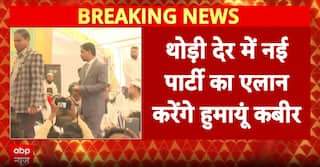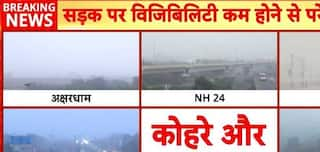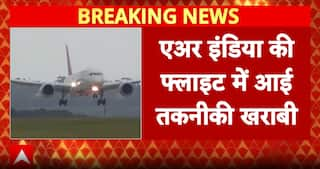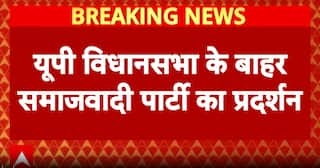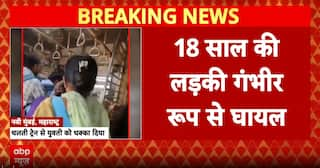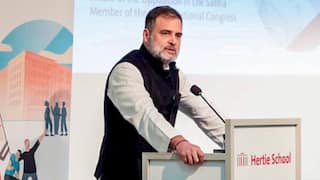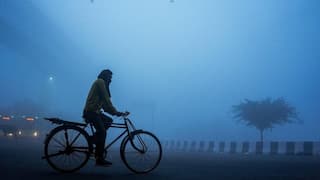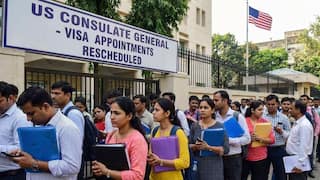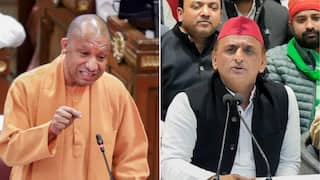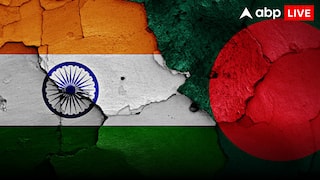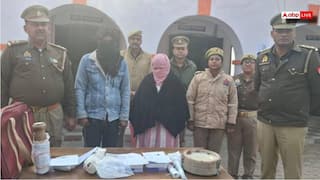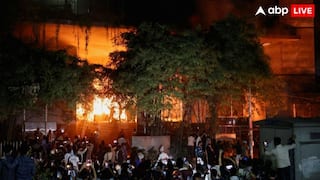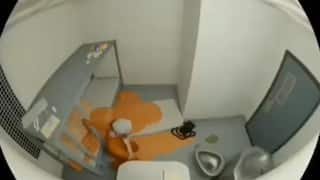Explorer
Special for Jawaharlal Nehru’s birthday: “When A Vote For Congress was a Vote for Nehru”
As the elections drew closer, Indira took charge of the Rae Bareli parliamentary seat, where her husband, Feroze Gandhi was in the fray as a Congress nominee.

Former Indian Prime Minister Jawaharlal Nehru (AFP)
The first general elections saw Prime Minister Jawaharlal Nehru leading the Congress from the front. Showing remarkable energy, Nehru covered nearly 40,000 kilometres and addressed thirty-five million people, a tenth of India’s population, directly. That the entire election revolved around Nehru was evident from the slogan the Congress had coined, ‘A Vote For Congress is a Vote for Nehru.’ Nehru’s daughter, Indira Gandhi, who would later emerge as the country’s most powerful prime minister, campaigned with him, often addressing public meetings. As the elections drew closer, Indira took charge of the Rae Bareli parliamentary seat, where her husband, Feroze Gandhi was in the fray as a Congress nominee.
While, at one level, Nehru, Feroze, and Indira were staunch democrats, the roots of the rule of the dynasty were being sown. Feroze’s biographer Bertil Falk firmly believes that Nehru’s son-in-law would have got the Congress ticket even if he was not married to Indira. Feroze was a freedom fighter in his own right, having gone through four terms in jail. Within the Congress, he had powerful backers such as K.D. Malviya, Govind Ballabh Pant, Rafi Ahmed Kidwai, and Lal Bahadur Shastri.
According to Onkar Nath Bhargava, a friend of Feroze, when Jawaharlal Nehru came to campaign for Feroze in Rai Bareli during the 1952 polls, he seemed worried by Indira’s ill-health and curtly asked how many meetings the Congress candidate was addressing each day. Feroze was an unconventional politician. One night when he was campaigning, he stayed at the residence of his opponent from the Communist Party, had breakfast in the morning, and left again for campaigning.
Djuring 1951-52 general elections, out of 489 Lok Sabha seats, the Nehru-led Congress won 364, leaving little for the opposition. The Communist Party of India won 16 parliamentary seats while the Bharatiya Jan Sangh (an earlier avatar of the right-wing Bharatiya Janata Party) bagged three.
However, a fragmented opposition had fought the polls with high spirits. Both the Election Commission and the Nehru government earned praise for creating conditions suitable for the free participation of the opposition parties in the elections, including the Jan Sangh and the Communist Party of India. However, for the next 17 years, there was no leader of opposition in the Lok Sabha as the rules formulated by the first Speaker of the Lok Sabha, G.V. Mavalankar, had it that a party must win least ten per cent of the strength of the house in order to qualify its leader to be designated as Leader of the Opposition.
Prime minister Jawaharlal Nehru’s opponent for the Phulpur Lok Sabha seat was Swami Prabhu Dutt Brahmachari, who fought the election on the plank of cow protection. Brahmachari was supported by the Akhil Bharatiya Ram Rajya Parishad and the All India Hindu Mahasabha, two radical right-wing groups. Brahmachari garnered only 56,718 votes and lost his security deposit. The January 1952, issue of Time magazine had recorded Brahmachari’s campaign. Calling him a man ‘who wears a luxuriant grey beard, orange-and-red-rimmed spectacles, a saffron robe and a long white loincloth,’ the article added, ‘Holy Man Brahmachari toured Nehru’s constituency in a 1931 Dodge sedan accompanied by a troupe of Hindu singers. To the chanting of Hindu psalms, he danced on the platform, rhythmically tapping a pair of small brass cymbals. A disciple read from a pamphlet he had written.’ Brahmachari had taken a vow of silence but his pamphlet accused Nehru of allowing cow slaughter in Independent India. Nehru had a tiff with the leftists too. When a band of communists waved a hammer-and-sickle banner in Phulpur, Nehru lost his patience and told them, ‘why do you not go and live in the country whose flag you are carrying?’ to which the leftists replied, ‘why do you not go to New York to live with the Wall Street imperialists?’
The assassination of Mahatma Gandhi in January 1948 raised Nehru’s status to that of a towering leader within and outside the Congress party. His main challenger Sardar Vallabh Bhai Patel died in 1950 while Subhash Chandra Bose’s disappearance removed the possibility of a radical rival and gave Nehru unchallenged and unlimited powers in the nascent parliamentary democracy.
(Rasheed Kidwai is a senior journalist. His Twitter handle is @rasheedkidwai)
Disclaimer: The opinions, beliefs and views expressed by the various authors and forum participants on this website are personal and do not reflect the opinions, beliefs and views of ABP News Network Pvt Ltd.
Follow Blog News on ABP Live for more latest stories and trending topics. Watch breaking news and top headlines online on ABP News LIVE TV
View More








